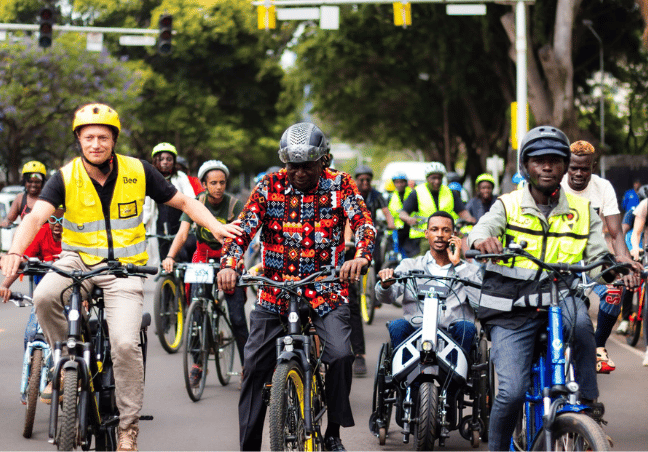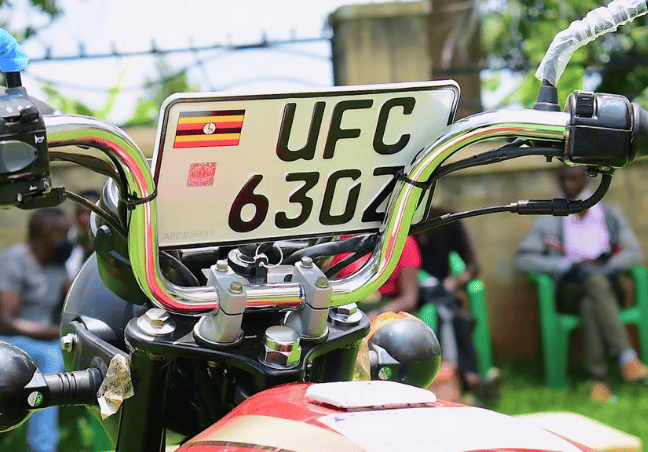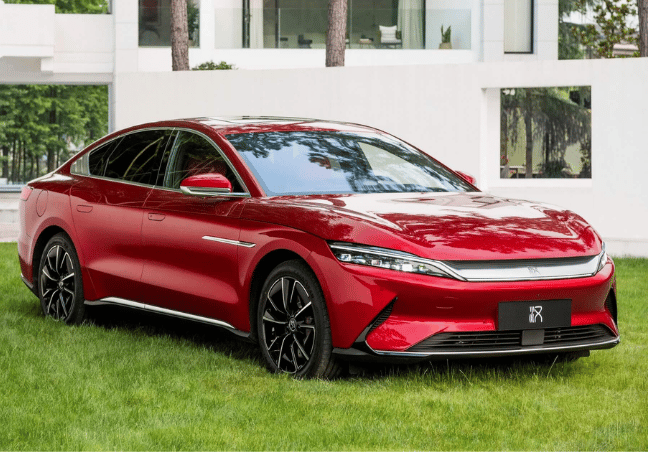- Mobility Rising
- Posts
- Finally, a homegrown Moroccan electric car
Finally, a homegrown Moroccan electric car
Dear subscriber,
Africa heavily relies on electric car imports, and even those produced locally are made by foreign companies. This is changing, as African upstarts are joining the table. But can they keep their seats there?
Brian Ambani – Editor
Neo Motors is set to make history as the first Moroccan auto company to make an electric car locally. The company’s CEO Nassim Belkhayat said that production of the Dial-E is underway. The vehicle is a compact city car with a top speed of around 85 km/h and a range of up to 150 km. It will cost around $10,740 and will be released into the market next year. |
Morocco is one of the largest global car exporters. It is Europe’s leading car supplier, ahead of China. But so far it has mainly been contractor rather than innovator.
The Dial-E is a microcar for the entry-level market segment. It will compete with the Citroën Ami and Fiat Topolino, which are also made in Morocco, as well as the likes of Wuling Mini EV and Henry that are imported from China.
Our take: Microcars solve one of the biggest issues limiting EV adoption: high prices… Read more (2 min)
Ugandan asset finance company Asaak has financed 2,000 electric motorcycles in just four months, highlighting the increased demand in one of Africa’s top EV markets. Asaak was founded in 2016 and offers motorbike financing to transport operators, who are often locked out by formal banking due to stringent security requirements. |
The vast majority of electric bikes in Africa are financed. Hence manufacturers partner with financiers such as banks, asset lenders and credit cooperatives.
The cost of credit can be extremely high due to the perceived high-risk of the customers. Industry experts however say this will come down as EVs are easy to track and shut off remotely when riders default.
Our take: Asset lenders that get their loan pricing model right will dominate the EV market… Read more (2 min)
Tunisians are set to purchase EVs at lower prices starting next year. The government has introduced a new package of rules that reduces consumption taxes on EVs to make them more affordable. The initiative aims to accelerate adoption, as the country’s EV market remains relatively small. By August, only 262 EVs had been sold in 2025, with BYD leading the market with 119 units. |
The Tunisian government’s decision to cut VAT on EVs from 19% to 7% reflects a strong commitment to accelerating electric mobility.
China’s BYD is already establishing a strong presence in Tunisia, having launched multiple pure EV and plug-in hybrid models in 2024 and rapidly building brand awareness.
Our take: Tunisia’s push for stronger EV incentives is a smart move as the country’s oil output declines… Read more (2 min)


eBee Africa Managing Director Maarten Fonteijn (left) takes part in a cycling event held in Kenya last week (Source: eBee Africa)
Jobs
👷🏻♀️ Become a Field Quality Engineer at Spiro (Rwanda)
👷🏻♂️ Apply for Field Operations Associate’s role at Kofa (Kenya)
👨🏻💻 Join Spiro as a Senior IT Infrastructure Manager (Kenya)
Events
📅 Plan for Auto Equip in Nigeria (Nov 11)
📅 Register for the EV Revolution Africa Conference in Ghana (Dec 3)
📅 Book a slot at the Africa EVs Expo in Kenya (Dec 4)
Various
🛠️ Roam has launched Kenya’s first Ride-In, Ride-Out service center
🚫 Nigeria moves to phase out petrol cars
🚘 NiMet deploys electric vehicles across Nigeria’s major airports
Seen on LinkedIn
Alex Kiragu, Global Expansion Lead at B2B Masters Africa, says, “As the world races toward decarbonization, Kenya’s e-mobility ecosystem offers a living model of how clean transport and economic transformation can move in the same direction.”


